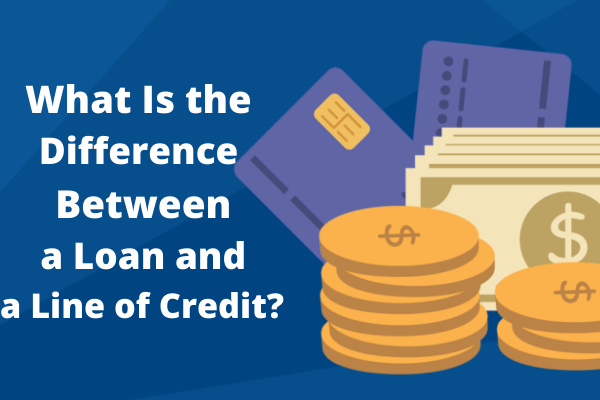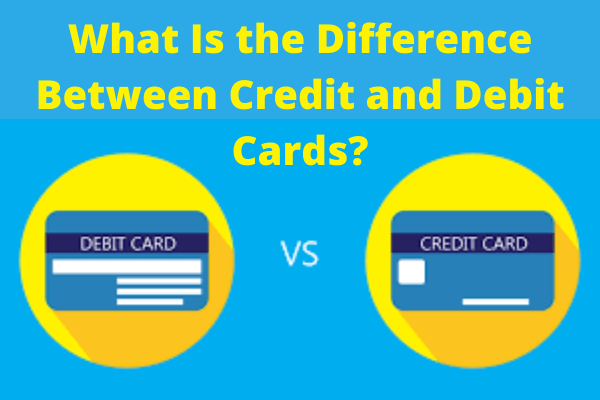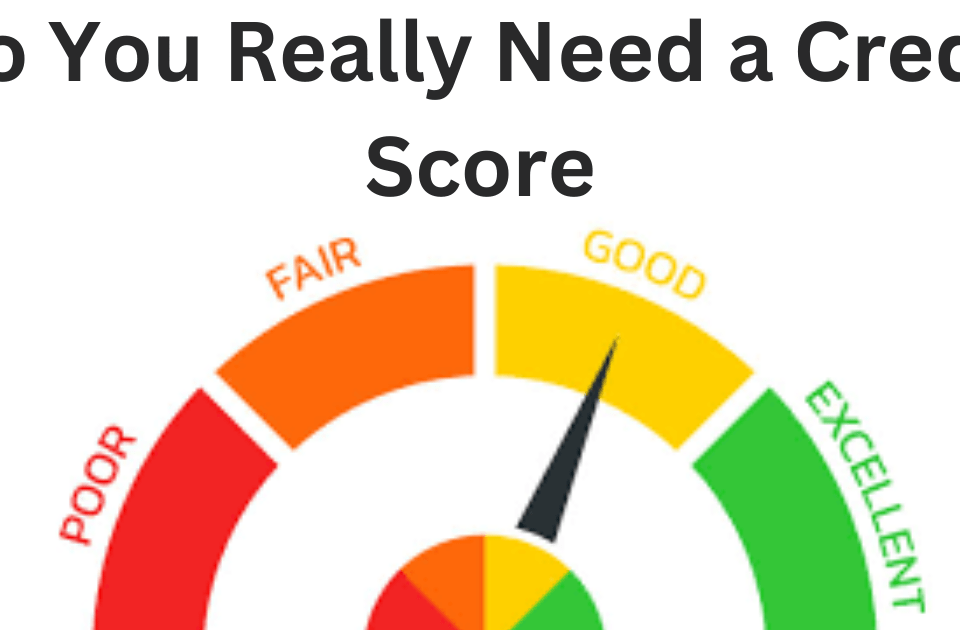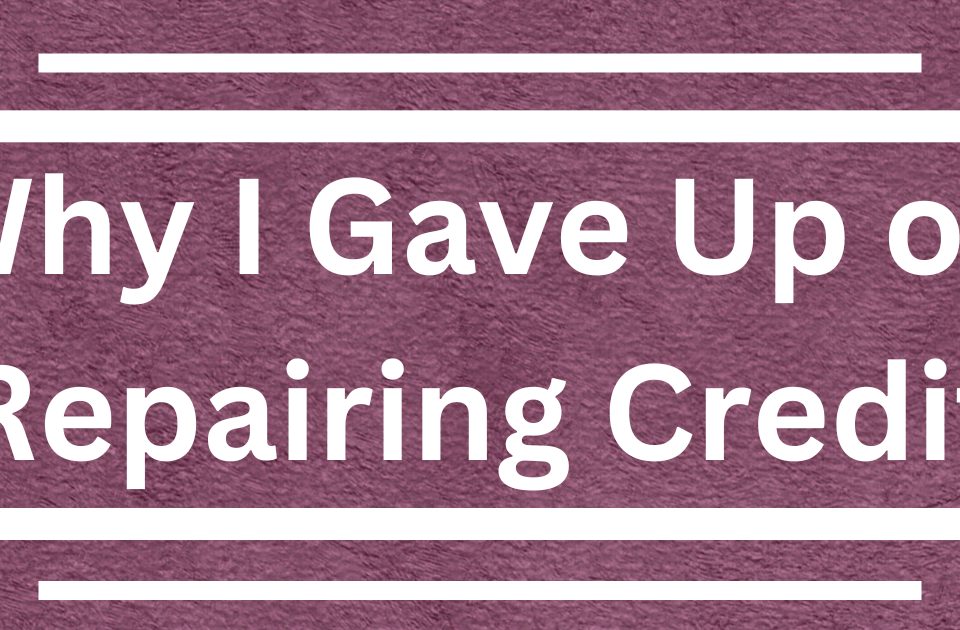What Is the Difference Between Credit and Debit Cards?

What Is the Difference Between a Loan and a Line of Credit?
March 13, 2021
What Is the Estate Tax Deduction?
March 13, 2021What Is the Difference Between Credit and Debit Cards?
No one can blame you if you are usually confused about the difference between credit and debit cards. After all, both of these cards are now accepted at many similar places. Credit and debit cards provide utmost convenience and save you from the need to always have cash with you. The two of them even look the same.
The key difference between a credit card and a debit card account is the source of money for the cards. Debit cards take the money from banking accounts while credit cards charge expenses to the credit line.
What are Debit Cards?
A debit card offers the same level of convenience as credit cards but it works in a different way. Debit cards directly draw money from your own checking account every time you buy or pay for something. This is done through placing a hold on the purchase amount. The merchant will send the transaction to their own bank and this will be transferred to the account of the merchant. It might take several days for it to happen, with the hold dropping off way before the transaction has gone through.
It is important for your checking account to maintain a running balance to ensure that you don’t end up overdrawing your account by accident.
Your debit card will have a PIN or personal identification number so you can use it at ATMs or stores. But, it is also possible to use debit cards with no need for a PIN at many merchants. All you have to do is sign a receipt similar to what you do when using a credit card.
Other important things to know about debit cards include the following:
- Your debit card spending won’t affect your credit history.
- You don’t need to pay interest on the purchases you make.
- Using your debit card for payments will take the cash out of your account almost immediately.
What are Credit Cards?
Credit cards are cards that let you borrow money against a credit line or also called the credit limit of the card. You can use this card for making basic transactions that will then appear on your bill. The merchant will be paid by the bank and once you receive your bill later on, you need to pay the bank.
You are also going to be charged interest on the purchases you make. To ensure that you don’t pay any interest, it is important to avoid carrying over a balance month after month. Most credit cards come with high interest rates, with your credit score affected by your payment history and credit card balance.
Paying in full and on time can help you avoid those late fees and interest and maintain your credit score or even improve it.
Other important facts you should know about credit cards are the following:
- The bank is the one to decide on your credit limit according to your credit history.
- Your purchases will accrue interest if you don’t pay them off in 30 days.
- In general, there is no need for you to sign for personal purchases using your credit card.




